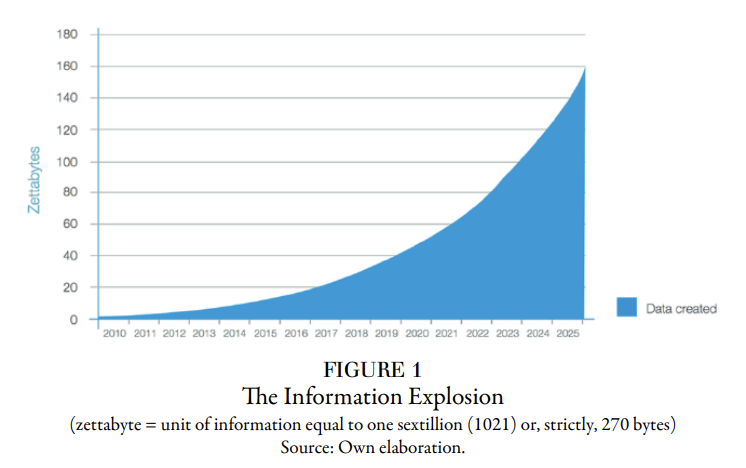
Data intelligence is the process of transforming raw data into insights. Intelligent data is collecting and examining data on acts, events, and other information. This helps businesses discover what occurred in the past and why.
Data analytics employs the same data, data science, and analytics techniques. The future of data analytics enables us to make business decisions based on intelligent data.
In layman’s terms, data intelligence and analytics is the process of making data useful.
What differentiates business intelligence from data analytics?
Data intelligence collects and analyzes information. Data intelligence examines past events, behaviors, and data to explain what happened.
Data analytics on the other hand, uses comparable data and anticipates the future through data science and analytics. This information assists in business decisions.
Why is data intelligence important?
Data intelligence and analytics turn raw data into charts and graphs. It may also mean that AI-powered processes scan huge data sets. These scans will help to pull out only helpful and pertinent data.
After all, organizations now deal with such huge data sets. It would be unrealistic to expect one or even many humans to comb through it all and determine its meaning.

Data-driven intelligence consists of the following primary components:
-
- Descriptive data
- Prescriptive data
- Diagnostic data
- Decisive data
- Predictive data
These disciplines focus on the following:
-
- Understanding data
-
- Developing alternative knowledge
-
- Resolving issues
-
- Analyzing historical data to predict future trends
- Analyzing historical data to predict future trends
What industries will benefit most from the future of data analytics?
The following industries tend to have the most need for intelligent data:
-
- Cybersecurity
-
- Finance
-
- Health
-
- Insurance
-
- Law enforcement
In these areas, intelligent data capture technology is a valuable application. This technology facilitates the conversion of printed texts and images into useful data.
What are the risks of data intelligence and analytics?
Data intelligence and analytics pose five dangers.
-
- Ethical concerns
-
- The intentional abuse of big data
-
- Organized crime
-
- Accidental misuse
Cyberattacks could also pose potential harm. These attacks could lead to data breaches and data loss.
Sources
- https://www.immuta.com/blog/data-intelligence-vs-data-analytics/
- https://www.heavy.ai/technical-glossary/data-intelligence

